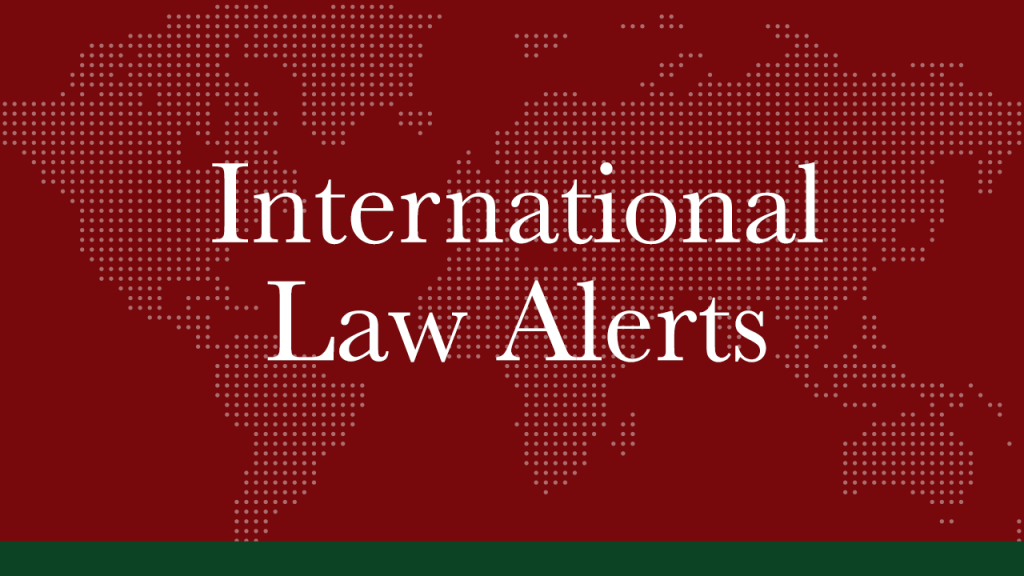
The Overseas Workers Welfare Administration (OWWA) has already assisted over 37,000 returning overseas Filipino workers (OFWs) from parts of Region 12 (Soccsksargen) who were affected by the continuing coronavirus disease 2019 (Covid-19) pandemic
Overseas Filipino worker Elmer Presa was able to exit the crisis-hit Afghanistan together with his fellow nationals after getting permission from the Taliban.
The Commission on Elections (Comelec) on Thursday reminded the repatriated overseas Filipino workers (OFWs) that they have until August 31 to transfer their registration to be able to participate in the May 2022 national and local elections.
President Rodrigo Duterte said he wants to raise the scholarship fund for children of overseas Filipino workers (OFWs) displaced by the Covid-19 pandemic to PHP3 billion
More than a year into the coronavirus pandemic, many concerns that overseas Filipino workers (OFWs) faced when the public health crisis first emerged still persist, academic researchers found.
The Overseas Workers Welfare Administration is asking for fresh funds for overseas Filipino workers who will be repatriated until end of 2021
The Philippine Overseas Employment Administration (POEA) warns Filipino overseas
job seekers to disregard job offers from unscrupulous individuals who take advantage of
online dating apps and websites for their illegal recruitment activities.
The Philippine Overseas Employment Administration (POEA) has reminded OFWs
traveling to Indonesia and those who are already in the said country to abide by the
intensified health measures and travel restrictions of its government as it seeks to
control the surge of COVID-19
The Philippine Overseas Employment Administration (POEA) continues to provide legal
assistance to further ensure effective delivery of legal services and safeguard the health
and safety of its clients during the continued imposition of community quarantine due to
pandemic COVID-19 and its variants
The overseas Filipino workers represent the enduring values and enterprising spirit of the Filipinos. Their persistent hard work to help support their families back home has done immeasurable good for the country.
ILO national project coordinator, Holiarivony Ramiarintsoa, explains how a joint ILO, UNICEF and WFP programme in southern Madagascar aims to increase school enrolment, improve the quality of education and strengthen institutions by building schools and training teachers.
Dawit Gebre Yohannes, an Eritrean refuge in Ethiopia, took part in the ILO’s flagship Start and Improve Your Business (SIYB) training (delivered in partnership with the regional NGO, ZOA), the world’s largest entrepreneurship development programme
In the latest in the ILO in Action video story series, Jennylyn Aguinaldo, manager of the ILO-Japan Water Project in the Bangsamoro Autonomous Region in Muslim Mindanao, explains how the ILO is contributing to peace and development in one of the poorest parts of the Philippines, with water system construction projects that provide decent jobs, social protection and better access to safe water.
Two million people join Bangladesh’s workforce every year. It is vital that workers can learn the skills that respond to the needs of the labour market. ILO technical specialist, Ligaya Dumaoang, introduces the Skills 21 project, a joint initiative of the Government of Bangladesh and the ILO, funded by the European Union. The project seeks to increase productivity and employment opportunities by strengthening the country’s skills development system.
Uzbekistan is the sixth largest producer of cotton in the world. Two million people pick the cotton every harvest. The ILO is working with the government, workers, employers and civic society to bring about an end to child labour and forced labour during the harvest.







































































































 on the upper right corner to select a video.
on the upper right corner to select a video.